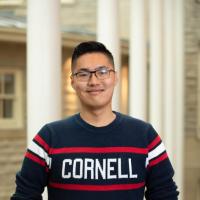
'I had to complete my junior year in China because of the pandemic'
Jingkai Liu is a Classics and Government major.
 Department Homepage
The College of Arts & Sciences
Department Homepage
The College of Arts & Sciences

Jingkai Liu is a Classics and Government major.
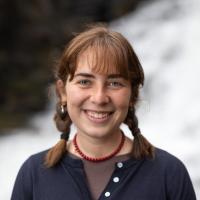
Catalina Peñéñory is a classics and Italian major.
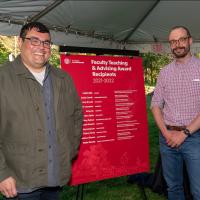
"These faculty members and graduate teaching assistants have made tremendous contributions for the benefit of our students, guiding their educational paths and molding their experiences."
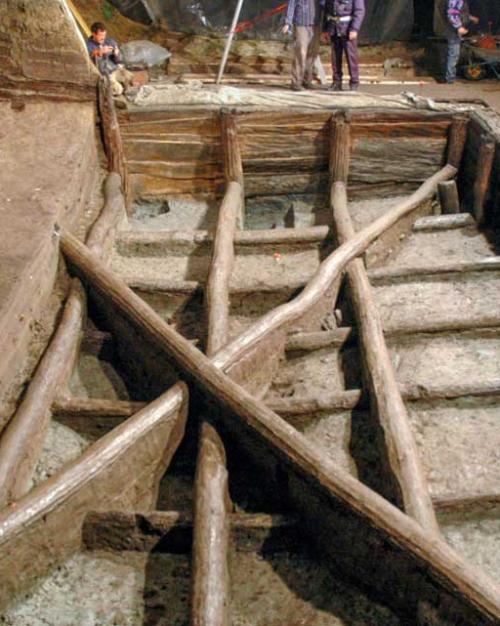
Cornell researchers used dendrochronology and a form of radiocarbon dating to identify the ancient origins of the structure in Northern Italy.
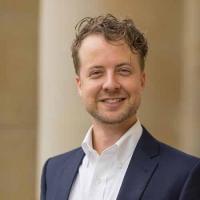
Stephen Sansom, a Postdoctoral Associate in Classics, took the stage with his bandmates on May 5 for “MUSE–AK: a Mall Performance of Ancient Greek Song.” This wonderful contribution to the Sculpture Shoppe exhibition made a fitting conclusion for Stephen's time at Cornell. He will begin his new position as an Assistant Professor of Classics at Florida State University this upcoming fall.
|
|||||||||||||||||||||
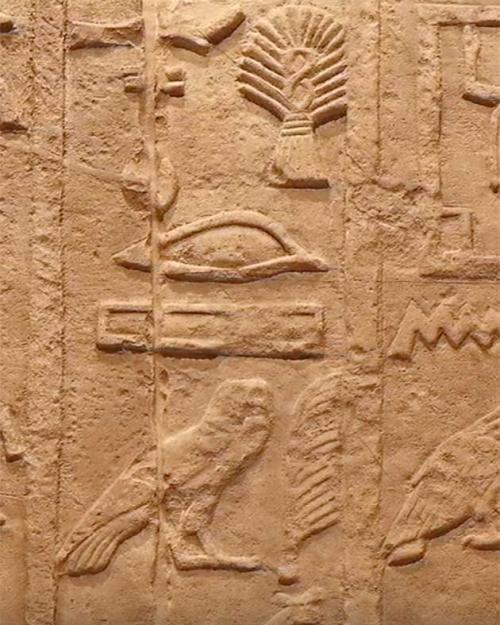
A classics course provided students with a hands-on understanding of the processes behind writing and writing systems in all parts of the world
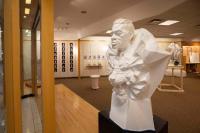
The “Sculpture Shoppe” exhibition displays selections from Cornell’s plaster cast collection of Greco-Roman sculptures alongside – and sometimes within – contemporary artists’ responses to cast culture and classical art.
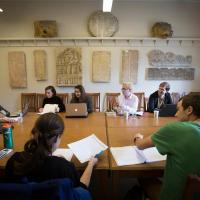
Classes of interest for first-year students.
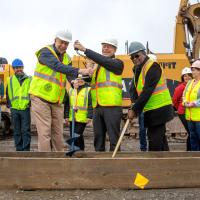
Cornell’s Earth Source Heat borehole project already had a fitting English motto: “Onward and Downward.” Now, the project has Latin and Greek mottos courtesy of Prof. Daniel Gallagher: Energeia Geothermica: Perge deorsum!
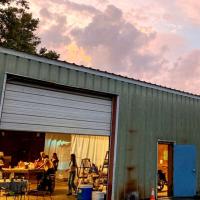
A new Cornell study suggests that solving societal problems such as climate change could require dismantling rigid academic boundaries, so that researchers from varying disciplines could work together collaboratively.
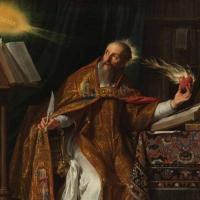
Toni Alimi’s book project, “Slaves of God,” delves deep into the Augustine cannon, explaining the philosopher’s reasons for justifying slavery.
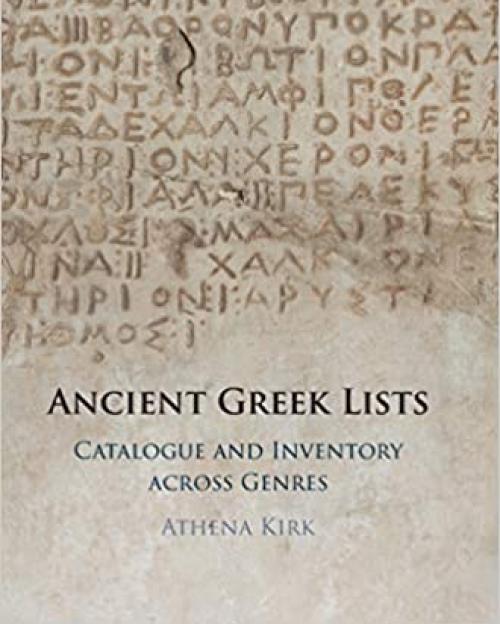
Athena Kirk's new book, “Ancient Greek Lists: Catalogue and Inventory Across Genres,” argues that the list form was the ancient mode of expressing value through text, examining the ways in which lists can “stand in for objects, create value, act as methods of control, and approximate the infinite.”
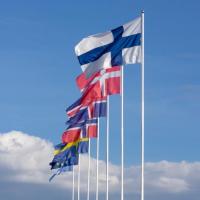
With NATO formally inviting Finland and Sweden to join its alliance after Turkey dropped its objections, classics and history professor Barry Strauss comments that history is full of alliances that amounted to little.
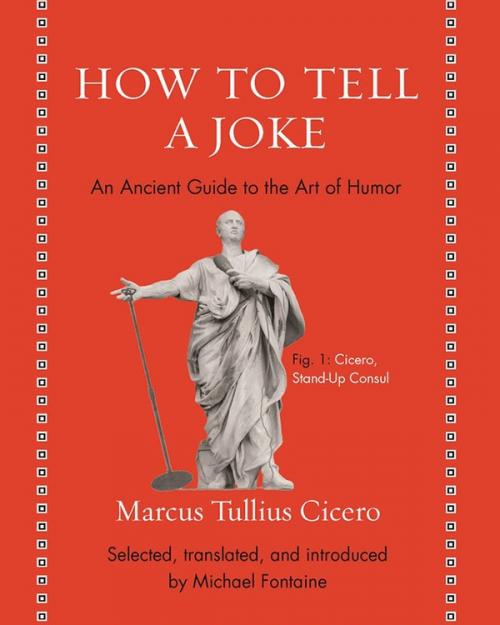
Michael Fontaine’s lively new translation amuses as well as instructs.
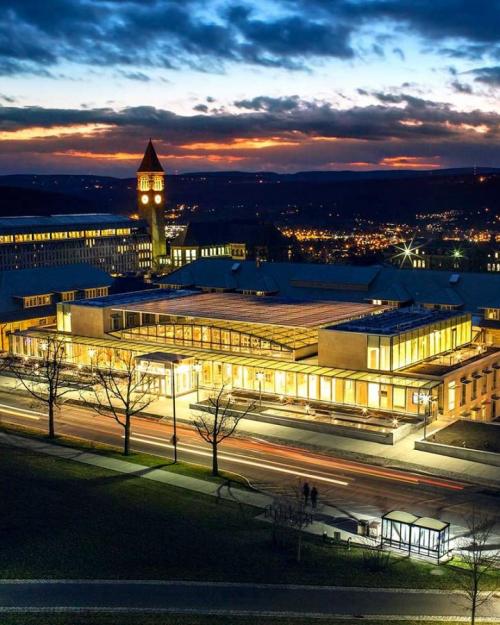
The incoming cohort of fellows will explore subjects ranging from the evolution of primate lifespans to urban public art in China to the effects of uncertainty and debt on financial decision-making.